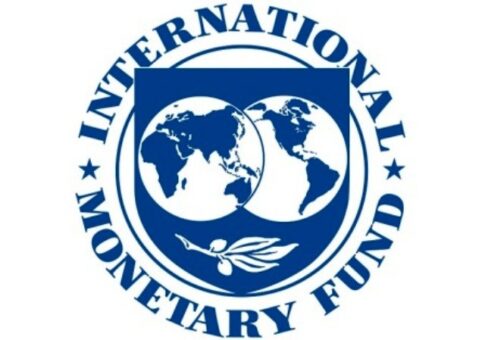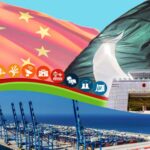KARACHI: Pakistan textile exports registered a decline of over 11 per cent Month on Month (MoM) basis in October 2022 to $1.36 billion due to global economic slowdown.
“This is the lowest number since May 2021,” said Shameer Alam Zaidi, analyst at Ismail Iqbal Securities. He said the effect of global economic slowdown and high inventory levels held with retailers is now becoming more visible.
READ MORE: Industries threaten mass protest against gas supply shutdown
The fall in export value has mainly come from volumetric decline as prices of almost all categories have either increased or stayed flat. This has taken fiscal year to date exports into negative territory with 1.4 per cent decline in first four months (July – October) of fiscal year 2022-2023.
Among value added items, bedwear has witnessed the largest decline of 19 per cent (on MoM basis), down to $217 million. Knitwear has remained on the downward path in October 2022 and declined by 10 per cent to $392 million. Among non value added items, cotton yarn has shown the largest decline of 35 per cent.
READ MORE: Pakistan organizes first international housing expo next month
The textile machinery imports have maintained a downward trend and are down by 21 per cent MoM to $42 million as against last 12 month average of $57 million. Raw cotton import is up 9 per cent on MoM basis, where the quantity is up 15 per cent. The cumulative import of raw cotton in first four months of the current fiscal year is up by 4.7 per cent, however the quantity imported is down by 11 per cent, which shows that the industry has not yet covered for the shortage of local cotton crop due to floods.
The realized price of imported cotton has been recorded at $2.8 per kilogram as against 2.4/kg and 3/kg in October 2021 and September 2022, respectively.
READ MORE: APTMA urges PM to save textile industry from total closure
The analyst said that the textile exports are expected to remain under pressure due to lack of new orders amid global economic slowdown and high inventory levels held by US retailers.
On domestic front, amid winter season the gas supply to textile industry has decreased as consumers are government’s first priority. “This has forced the industry to switch towards grid which is likely to hurt Sindh based exporters as the province enjoys significant lower gas rates compared to Punjab,” he added.
READ MORE: Reducing foreign currency cash carrying limits to half criticized







